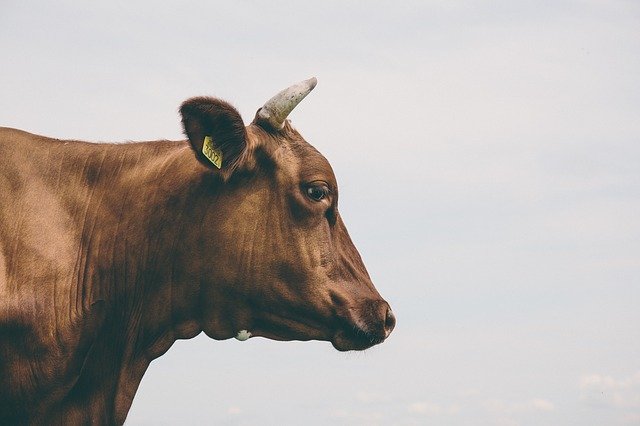The U.S. Food and Drug Administration (FDA) on Friday announced its first “low-risk determination” for a gene-edited food animal.
The FDA made the decision regarding two genome-edited beef cattle and their offspring, “determining that the intentional genomic alteration (IGA) does not raise any safety concerns,” says the announcement.
The genome of these animals is edited to have a “short-hair coat trait seen in some conventionally bred cattle, known as a ‘slick’ coat,” explains the FDA. They’re more tolerant to heat and can, therefore, function more efficiently—as this 2018 Wall Street Journal documentary explained. This helps the livestock adapt to climate change and helps farmers sustainably increase animal protein production for a growing world.
The decision means the developer, Acceligen, does not need to pursue FDA approval prior to marketing, these cattle for food.
FDA’s commitment to science
“Today’s decision underscores our commitment to using a risk and science-based, data-driven process that focuses on safety to the animals containing intentional genomic alterations and safety to the people who eat the food produced by these animals,” said Steven M. Solomon, D.V.M., M.P.H., Director of FDA’s Center for Veterinary Medicine. “It also demonstrates our ability to identify low-risk IGAs that don’t raise concerns about safety, when used for food production.”
“We expect that our decision will encourage other developers to bring animal biotechnology products forward for the FDA’s risk determination in this rapidly developing field, paving the way for animals containing low-risk IGAs to more efficiently reach the marketplace,” continued Solomon.
The FDA decision comes on the heels of a similar decision in Brazil, which said these kinds of gene-edited cows do not fit the definition of a “GMO,” allowing them to be imported into the country—here’s the announcement (in Portuguese).




